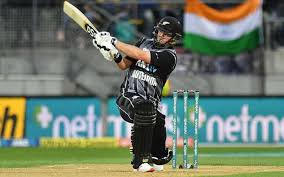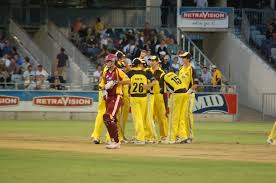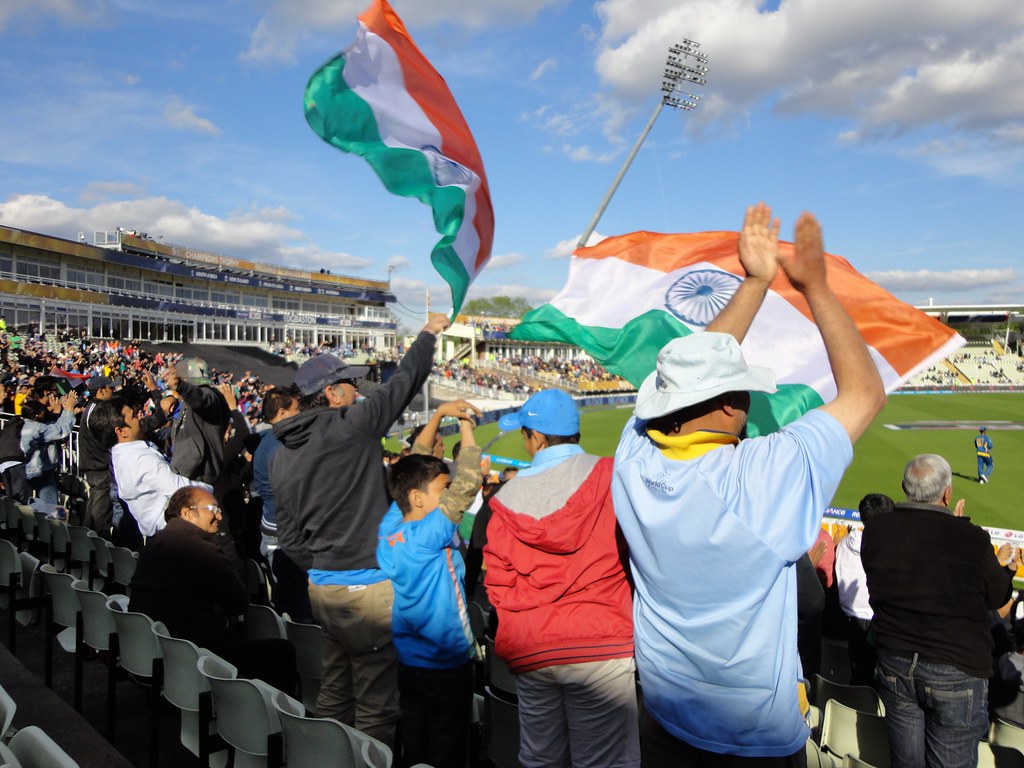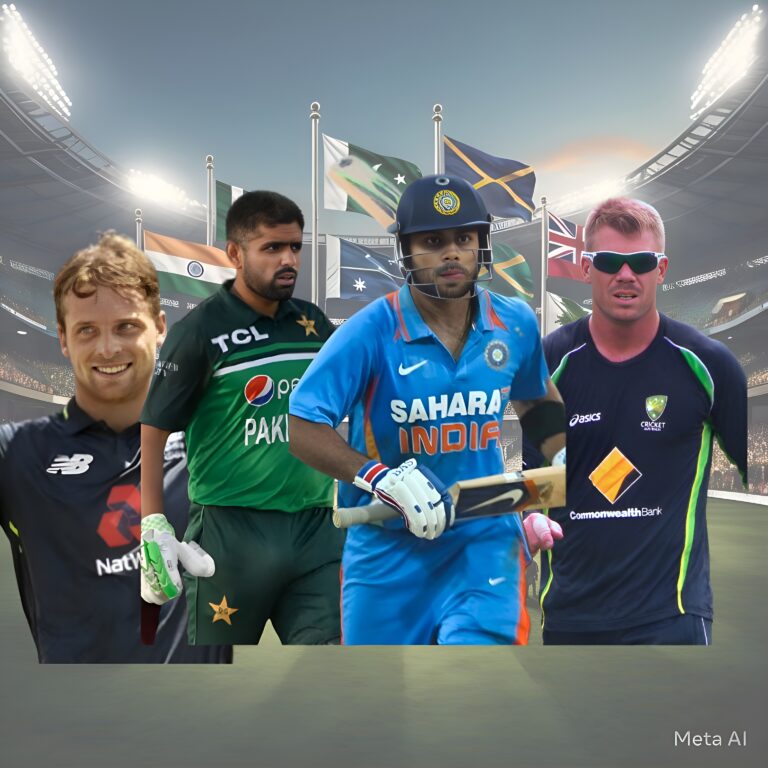The ICC Champions Trophy, often called the “Mini World Cup,” has been a cornerstone of International cricket since its inception. From its beginnings as the ICC Knockout Tournament to becoming a premier global event, the Champions Trophy has evolved significantly, leaving an indelible mark on the sport. Take a look through its fascinating history, uncovering every edition.
The Evolution of ICC Champions Trophy: A Cricketing Journey
The ICC Champions Trophy has grown from a knockout-style tournament into one of cricket’s most prestigious events. Explore its remarkable transformation and the key moments that shaped its legacy.
1998 ICC Knockout Tournament: The Beginning
The ICC Knockout Tournament debuted in 1998 as the first one-day international (ODI) event featuring a single-elimination format. Hosted in Dhaka, Bangladesh, from October 24 to November 1, it brought together the world’s nine full ICC members:
- Australia
- India
- Pakistan
- South Africa
- Sri Lanka
- West Indies
- England
- New Zealand
- Zimbabwe
Key Highlights:
- Format: Every match was a do-or-die affair, adding immense pressure and excitement. Teams had no room for error, which made the matches highly competitive.
- Champion: South Africa confirmed their first major ICC title, defeating West Indies by 4 wickets in the final. Their consistent performances throughout the tournament testament to their skill and determination.
- Player of the Tournament: Jacques Kallis, whose all-round brilliance, including crucial wickets and match-winning runs, was pivotal to South Africa’s success.
This tournament introduced a new flavor to cricket, with high-stakes matches that captivated fans worldwide and set the tone for future events.
2000 ICC Knockout Tournament: The Rise of New Zealand
Held in Nairobi, Kenya, from October 3 to 15, 2000, the second edition expanded to include 11 teams, with the addition of Bangladesh and host nation Kenya.

Key Moments:
- Semifinals Thriller: Sourav Ganguly’s 141 not out against South Africa propelled India to the final, showcasing his leadership and batting prowess.
- Historic Win: New Zealand secured their maiden ICC title by defeating India in the final. Chris Cairns’ unforgettable century in a high-pressure chase remains one of cricket’s iconic moments.
- Emerging Stars: The tournament highlighted New Zealand’s rising talent and reinforced the knockout format’s appeal among fans.
This edition solidified the ICC Knockout as a prestigious competition and laid the foundation for its future evolution.
2002 ICC Champions Trophy: A New Identity
In 2002, the tournament was rebranded as the ICC Champions Trophy in 2002 and took place in Sri Lanka from September 12 to 30. This edition adopted a round-robin format with 12 teams divided into four groups.

Key Highlights:
- Shared Trophy: India and Sri Lanka were declared joint winners after the final was washed out twice due to relentless rain, marking a unique conclusion.
- Notable Performers: Virender Sehwag’s explosive batting, Muttiah Muralitharan’s spin wizardry, and Rahul Dravid’s calm presence added excitement to the tournament.
- Significance: The Champions Trophy began to establish itself as a distinct event with its own identity, separate from the World Cup.
The 2002 edition marked a turning point, emphasizing the global appeal of cricket beyond its traditional strongholds.
2004 ICC Champions Trophy: West Indies’ Redemption
Held in England from September 10 to 25, 2004, this edition saw the format streamlined to 12 teams competing in a round-robin phase followed by semifinals and a final.

Key Moments:
- West Indies’ Triumph: Against all odds, West Indies defeated England in a thrilling final at The Oval. Their chase of 218 culminated in a dramatic victory, courtesy of an unbroken ninth-wicket partnership between Ian Bradshaw and Courtney Browne.
- Star Players: Brian Lara’s leadership and contributions with the bat were instrumental throughout the tournament.
- Impact: The win revitalized cricket in the Caribbean, marking their first major ICC trophy since the 1979 World Cup.
This victory symbolized a resurgence for West Indies cricket, inspiring a new generation of players.
2006 ICC Champions Trophy: Australia’s Domination Begins
The 2006 edition, held in India from October 7 to November 5, featured the top eight ODI teams. The tournament introduced a qualifying round for lower-ranked teams, adding another layer of competition.

Key Highlights:
- Australia’s First Title: Australia defeated West Indies by 8 wickets in the final, marking their first Champions Trophy win and cementing their status as the dominant cricketing force of the era.
- Standout Performers: Shane Watson’s all-round performances, including match-winning innings in the final, and Glenn McGrath’s precise bowling were standout contributions.
- Significance: This victory underscored Australia’s unparalleled dominance in the 2000s, further enhancing its legacy.
2009 ICC Champions Trophy: South Africa Hosts the World
Originally scheduled for 2008 in Pakistan, the tournament was postponed and relocated to South Africa in September 2009. This edition returned to an elite eight-team format.
Key Moments:
- Innovative Format: The event featured eight teams divided into two groups, with the top two from each group advancing to the semifinals. This streamlined approach ensured high-quality matchups.
- Champion: Australia retained their title, defeating New Zealand by 6 wickets in the final. Their dominance was on full display, with Ricky Ponting leading from the front.
- Notable Performers: Shane Watson’s consecutive centuries in the semifinals and final were instrumental in securing Australia’s victory.
This edition reaffirmed Australia’s mastery in global tournaments and highlighted the enduring appeal of the Champions Trophy.
2013 ICC Champions Trophy: India’s Unbeaten Run
The 2013 edition, held in England and Wales from June 6 to 23, is remembered for India’s unbeaten campaign and strategic brilliance under MS Dhoni.

Key Highlights:
- Format: Eight teams competed in a group stage, followed by knockouts. The compact schedule ensured intense and engaging cricket.
- India’s Dominance: India defeated England in a rain-affected final to lift the trophy. Ravindra Jadeja’s all-round brilliance and Shikhar Dhawan’s prolific scoring were crucial.
- Star Performers: Dhawan’s consistency as the leading run-scorer and Jadeja’s impactful bowling were standout contributions.
- Legacy: This win made Dhoni the only captain to win all major ICC trophies, solidifying his place in cricketing history.
2017 ICC Champions Trophy: Pakistan’s Glorious Moment
Held in England and Wales from June 1 to 18, 2017, the last edition of the Champions Trophy showcased some of the most thrilling cricket moments.

Key Moments:
- India vs. Pakistan Final: Pakistan defeated India by 180 runs, a historic victory that included Fakhar Zaman’s match-winning century and Mohammad Amir’s fiery bowling spell.
- Emerging Stars: Hasan Ali was named Player of the Tournament for his exceptional bowling performances, helping Pakistan dominate the event.
- Legacy: This edition reinforced the unpredictable and exhilarating nature of the Champions Trophy, cementing its place in cricket’s folklore.
The Future: ICC Champions Trophy 2025
After an 8-year hiatus, the ICC Champions Trophy is set to return in 2025, hosted by Pakistan. This highly anticipated edition promises to reignite the excitement of this unique tournament, with cricket fans eagerly awaiting its revival. With teams bringing their best to the field, the event is expected to deliver unforgettable moments and thrilling contests. Stay connected with the ICC official website for more updates!
Significance of the ICC Champions Trophy
- High-Stakes Cricket: Its shorter format and elite participation make it one of the most intense and prestigious events in cricket.
- Global Reach: By hosting the tournament in diverse locations like Kenya and South Africa, the ICC has helped promote cricket worldwide and introduced the sport to new audiences.
- Memorable Performances: From Chris Cairns’ century in 2000 to Fakhar Zaman’s heroics in 2017, the Champions Trophy has produced moments etched in cricketing history.
- Legacy: The Champions Trophy has served as a platform for teams and players to showcase their talents on a global stage, leaving a lasting impact on the sport.
- Commercial Success: With strong sponsorship and viewership, the tournament has proven to be a valuable asset for the ICC, contributing to the global growth of cricket.
ICC Champions Trophy: Closing Remarks
The ICC Champions Trophy has evolved from a simple knockout tournament in 1998 to a globally celebrated cricketing spectacle. Each edition has brought unique stories, thrilling moments, and historic victories that have enriched the game’s legacy. As we look forward to the 2025 edition, the Champions Trophy remains a true testament to the spirit of competition and the universal love for cricket. It continues to inspire both players and fans, showcasing the very best of what the sport has to offer. With every match, the tournament solidifies its place as one of the most iconic events in international cricket.






